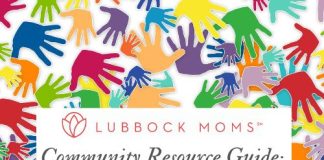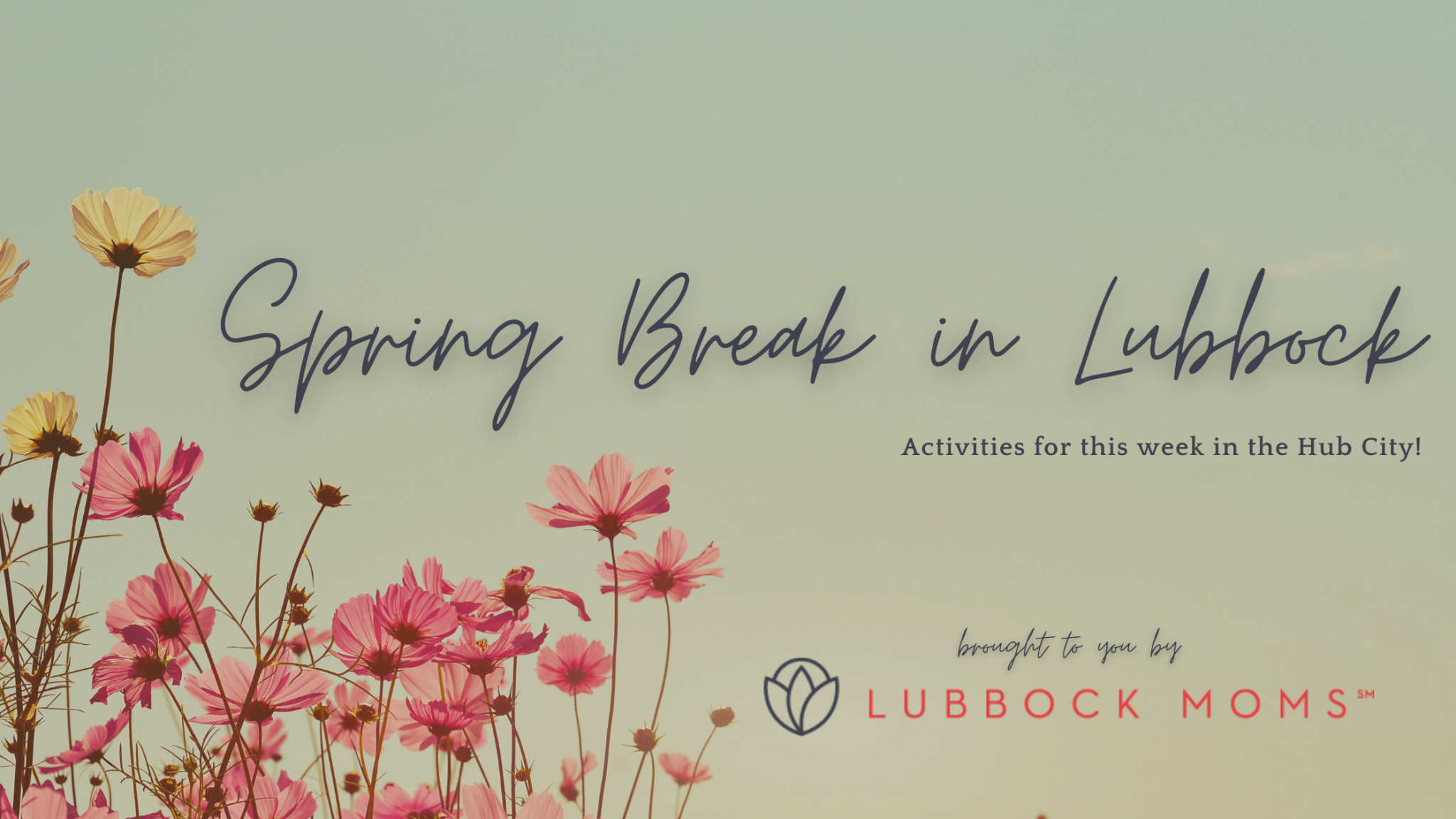 What do you think about when you hear the word “emotion”? Or how about “emotional”? Does it carry a negative, positive, or neutral connotation, in your opinion?
What do you think about when you hear the word “emotion”? Or how about “emotional”? Does it carry a negative, positive, or neutral connotation, in your opinion?
Emotions are something that everyone has and play an essential role in our lives. We all have probably, at some point, felt mad, sad, confused, angry, scared, excited, anxious, and the list goes on. Not only have we felt these things, but some of us experience the whole spectrum all in one moment.
I personally feel that emotions are something most people haven’t necessarily been taught to handle correctly.
What do we do with them?
How do we respond to them?
Are they important?
Do they matter?
Are they something to be afraid of?
Are they how we base all of our decisions?
I grew up in a household with both of my parents. As a young girl, my father was an alcoholic and a workaholic. When he was home, he didn’t engage, so needless to say; my mother was the primary figure of our childhood (until my dad turned his life around to be an incredible man. Thank you, Jesus!)
With little eyes, I would witness my mom be the strong one for us, the one who couldn’t have off days, the one who tried her best to be all things to my siblings and me. I can only recall a few instances where she would reach the end of herself and let out a much-needed cry.
I can very distinctly remember the times when I would cry over something, and all things would come to a halt for me to be told not to cry or that I didn’t have to. It wasn’t ill intent, just a compassionate mom that struggled to see her children cry and had every desire to make it stop. With the best of intentions, it was in these moments what I learned that it wasn’t okay to feel. That it was a problem that needed a solution, or it was ridiculous. I didn’t like the feeling of being fixed. I just wanted to release what my soul couldn’t bear alone at the moment.
Looking back to the best of my remembrance, I can’t acknowledge a time where I was explained that to feel was okay or explained maybe how to put words to what I was feeling so I could reach a point of freedom beyond what was currently plaguing me. I was never told that feeling was wrong, but that’s what I felt was modeled to me through my parent’s response.
Emotions didn’t seem accepted because it was always something that was shut down quickly, so we could move on, but I never really moved on. It just was suppressed into the endless pit of every other situation I had faced and never came to a closure.
This translated over into my teenage and young adult years and played out by me, not knowing or valuing being in touch with my emotions. I would numb what I felt until it had no choice but to come out in countless tears on my pillow when it was safe in the context of my bedroom, where no one could see. In these moments, I learned the importance of releasing them, but never and still am working on how to put words to what I was and currently am experiencing – true or not, real or false reality.
Emotions to me were signs of weakness, an opportunity of being shut down, or weren’t necessary. However, I still had them, and they were very real to me. This left me quite unsure as to what to do with them and the purpose they served in my life.
If I’m honest, this is something I still deal with today. I have gone through many sessions of healing and restoring my idea of emotions and the role they have. I am now in touch with my feelings and have found a greater depth of freedom to publicly or privately express those without the need to apologize.
I can remember when I would speak at our church or a gathering; I would find myself being overwhelmed with compassion, and I would cry in front of people. I would dread it and hate it so much I would apologize to my audience. I will never forget the day that God spoke so clearly to my heart and told me to quit apologizing for crying in front of people because I was communicating to others a lie that I had worked so hard to overcome: that it’s not okay for people to cry, feel, or express their emotions.
He assured me that not only was it communicating something false, but it actually opens doors for those to find the freedom to feel like they need to. I have discovered that my vulnerability allows others to open themselves up genuinely, as well.
Throughout the years, I have learned that emotions are great information as to what is going on inside of me, but they don’t serve as good masters. What I mean by this is that I don’t make decisions from an emotional place. I make them from a place of levelheadedness. My emotions do not rule my life. Emotions are simply a tool that we can use for or against ourselves. I make them from a place of levelheadedness and not in the heat of the moment. I have come to find that emotions can be healthy, and it’s good to feel. It’s a sign that you’re alive and not protecting yourself from fully experiencing life – the good, the bad, the ugly, and the greatest. I have discovered that you can’t selectively numb what you feel. When you numb out the bad, you also numb out the good – which leads to hopelessness, dread, and depression.
To shut down your emotions is to shut down yourself, and to shut down the emotions in your kids is to shut down your kids. It’s my personal conviction that we have been taught not to feel and have become experts at fixing, ignoring, or suppressing because it’s our way of defending ourselves from pain.
We have correlated the negative emotions such as anger, sadness, anxiousness, fear, etc. as pain. So instead of embracing it to face it to move past it, we fight even to acknowledge that it’s there, which only perpetuates the cycle. Denial is never dealing with the issue. When we choose to face what we feel, we come head to head with an opportunity to find the truth in the midst.
From the perspective of a mom now, I get why any mom wouldn’t want their kid to feel sad, experience being angry, upset, or hurt. It’s not fun for anyone. We all have experienced those things in our childhood and even adulthood, and we don’t want that for our children. Our instinct is to want to protect them from anything that we associate pain. However, if we view emotions as a good thing that we can navigate through, then we don’t find the need to protect them from it. We actually see the need to help them manage and filter through them.
As great as that sounds, in reality, it only teaches our children that emotions are shameful and can’t be overcome. Proof that we believe anything is dangerous is that we feel the need to protect ourselves or others from it. This is how most of us have grown up thinking, and I’ve been beckoned to change my perspective.
Emotions can be dangerous, but they don’t have to be if we learn to deal with them correctly – leaving them in their place, not giving them any more power than what they have, but also not demeaning them and the incredible position they do hold in our lives.
Our children will inevitably experience emotion. This is not something we can or should feel obligated to control. However, we should be more inclined to equip them on how to handle it when it happens. It’s our responsibility to teach our kids what they are feeling and how to respond and not react to how they are feeling.
We were made to feel. We were made to experience emotion. It’s necessary, and it’s not a weakness.
It’s vitally important that we create safe environments in our homes to which our kids can express and feel without being shamed, fixed, judged, or being called sensitive or emotional. The truth of the matter is that no matter what they are feeling, there is no right or wrong – think about it. We don’t feel things unless they are our current reality. Whatever we feel is REAL to us, whether it’s true or not.
Our children, many times, just want to be understood, heard, and listened to. It’s then when we have an opportunity to empathize in their current reality and walk them into the truth of what is happening.
Emotional safety is just as important as physical safety, and emotional abuse or neglect is just as damaging as physical abuse or neglect. We must consider that feelings are a good thing. They are indicators as to what we are internally experiencing and give us what we need to know how to deal with such things. The only way we can teach our kids this is by walking in it ourselves through example as well as holding their hand and taking the time to help put words to what’s going on inside of them. How we respond to our emotions will create a lens for how our children will react as well. It’s the good old rule: More is caught than what is taught.
The next time you see your kid cry, burst out in anger, feel anxious, or the whole spectrum, challenge yourself to bring perspective and clarity to what’s actually happening within them and help them to process through it healthily. Chances are they don’t want to feel that way either, but they have no idea how not to. It’s usually just a first reaction versus a rational response, and that’s normal. They aren’t overreacting in their eyes. Think of it as they are stuck in an emotion and need your help getting out and to be taught how to handle such things. Your response to them is teaching them more than you’ll ever know.
We are all learning together how to deal with what we feel, and I’m sure that’ll be true for the rest of our lives.










Natalie, this was so good.
Comments are closed.